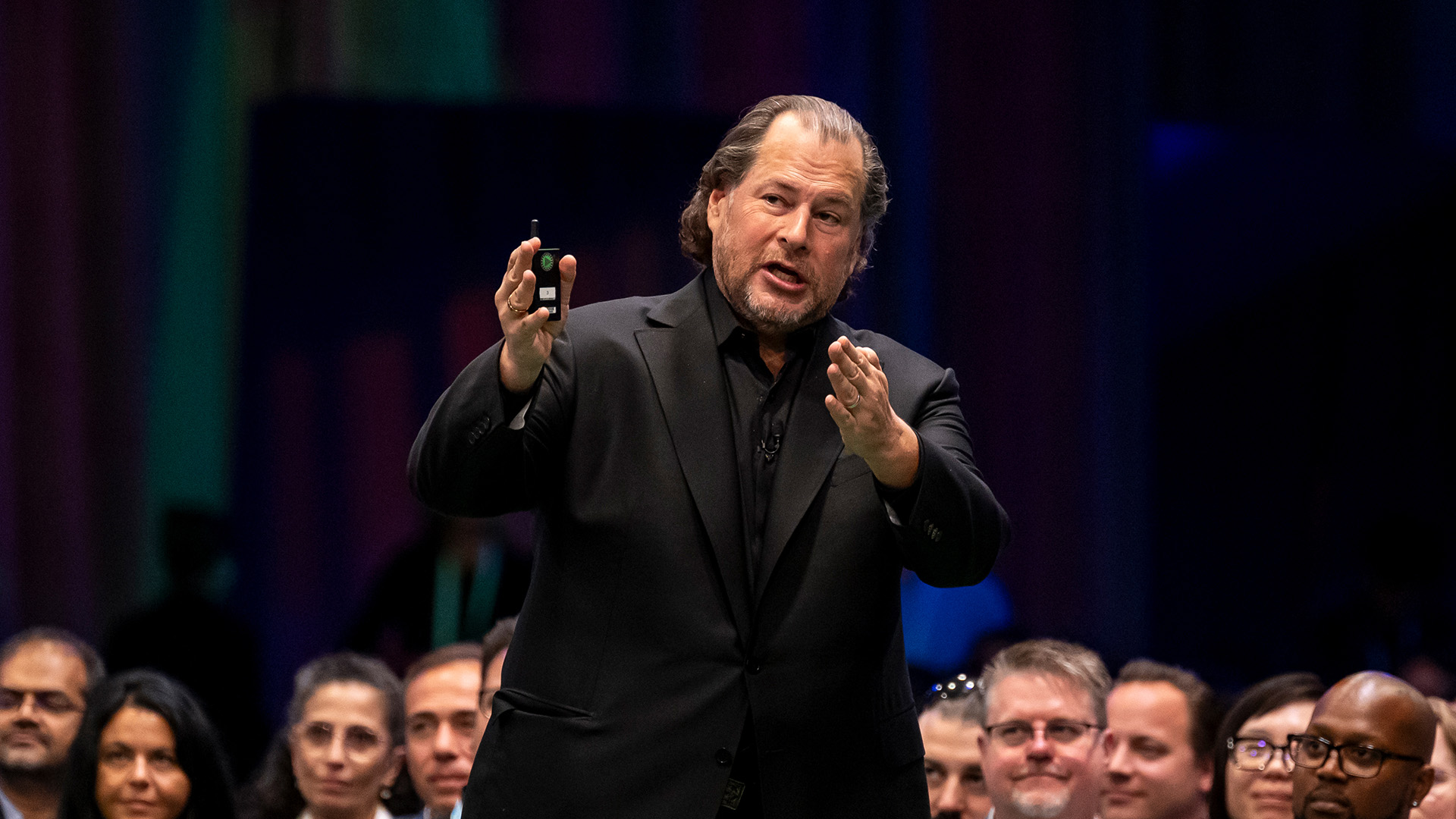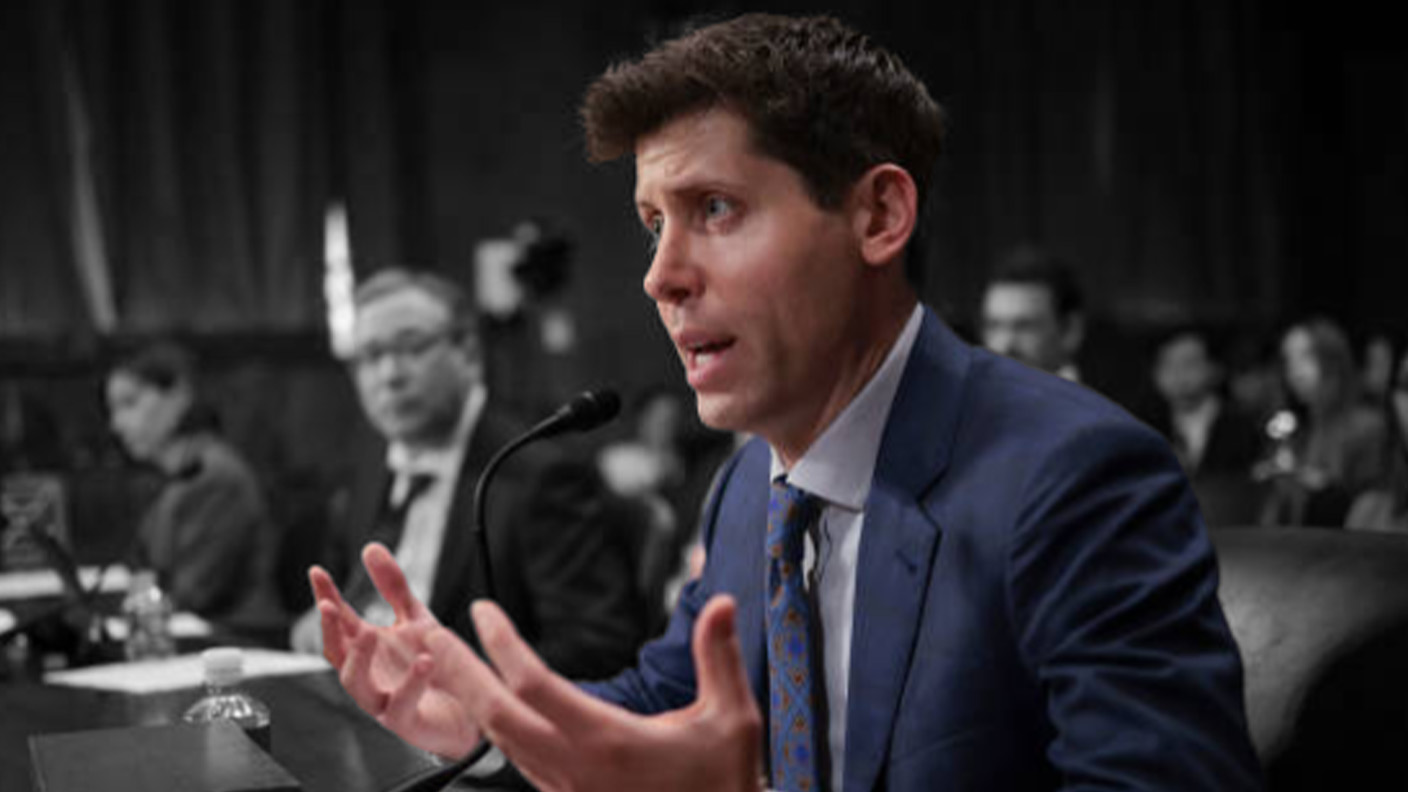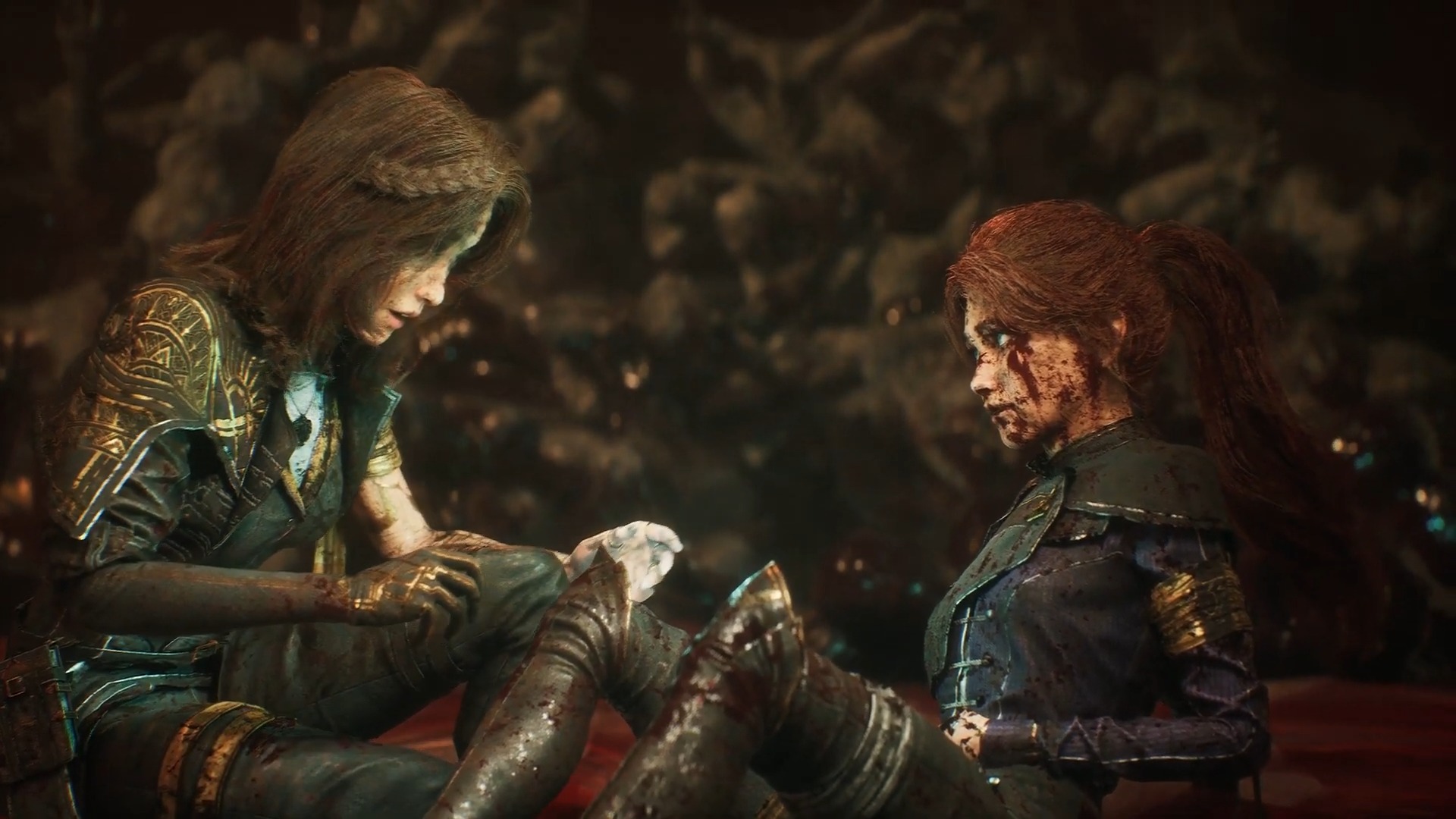Salesforce CEO Marc Benioff claims Microsoft won't use OpenAI in the future — Microsoft already admitted GPT-4 is too expensive and isn't fast enough to meet consumer needs
Salesforce CEO believes Microsoft won't rely on OpenAI in the future following the $500 billion Stargate project announcement.

Following OpenAI and SoftBank's surprise announcement of the $500 billion Stargate project designed to facilitate the construction of data centers across the United States, Microsoft lost its status as the ChatGPT maker's exclusive cloud provider. In an interview with CNBC, Salesforce CEO Marc Benioff (well-known for criticizing Microsoft's AI efforts) indicated:
"I think it's extremely important that OpenAI gets to other platforms because Microsoft is building their own AI and I don't think Microsoft will use OpenAI in the future."
Over the past few months, Microsoft's multi-billion dollar partnership with OpenAI has seemingly been strained due to several factors. As you may know, most of Microsoft's AI-powered models are backed by OpenAI's technology. However, a report by Reuters suggested that the Redmond giant could be moving away from OpenAI's AI products, like its GPT-4 model, because it's too expensive and isn't fast enough to meet its enterprise customers' requirements.
The move is reportedly part of the tech giant's broader plans to reduce the cost of its enterprise services, including GitHub Copilot, and pass on the savings to consumers. On the other hand, OpenAI has complained about Microsoft's failure to meet cloud computing needs, delaying the launch of some of its next-gen AI models. Interestingly, the AI firm claimed that its rivals could first achieve the coveted AGI benchmark because of Microsoft's computing shortcomings.
Perhaps more interestingly, Benioff claimed, "Mustafa Suleyman and Sam Altman aren't best friends." He attributed his deductions to last year's Davos conference, where both executives were on the panel. He added that they both seemed uneasy around each other, potentially highlighting friction between Microsoft and OpenAI.
The best tech bromance strays as OpenAI races to build AGI

To this end, Microsoft's partnership status with OpenAI remains unclear. However, both parties signed a new agreement that gives Microsoft “the right of first refusal.” For context, Microsoft will be the first option to host OpenAI workloads in its cloud infrastructure and services. However, if it can't meet the requirements, OpenAI can source the services from competitors.
Additionally, the new agreement retains 4 key elements of the original agreement, including rights to OpenAI's IP for its AI products, OpenAI's API exclusivity to Azure, revenue sharing agreements that flow both ways, and Microsoft remains OpenAI's major investor.
Get the Windows Central Newsletter
All the latest news, reviews, and guides for Windows and Xbox diehards.
SoftBank CEO Masayoshi Son indicated that AGI is coming very soon with the launch of Stargate. Interestingly, the executive's remarks reiterate Sam Altman's remarks that AGi could be achieved sooner than anticipated with current hardware. But we might have to wait a bit longer after the executive dismissed reports alluding AGi would be deployed next month. "We are not gonna deploy AGI next month, nor have we built it," indicated Altman. "We have some very cool stuff for you but pls chill and cut your expectations 100x!"
However, it seems OpenAI might be close to achieving AGI. Sam Altman claimed that OpenAI knows how to build AGI and could shift its focus to superintelligence. Additionally, the ChatGPT maker is reportedly planning to scrap a stringent clause that would sever its ties with Microsoft after achieving AGI to secure additional funding and access to its cloud computing services.
A leaked document revealed OpenAI would only hit the AGI benchmark after developing an AI system capable of generating up to $100 billion in profit. This seems like a reach considering OpenAI's recent predicament, placing it at the cusp of bankruptcy with projections of $5 billion in losses within a year. Market analysts claim OpenAI could suffer an additional $44 billion loss before turning a profit in 2029, partly due to its Microsoft tie-up.

Kevin Okemwa is a seasoned tech journalist based in Nairobi, Kenya with lots of experience covering the latest trends and developments in the industry at Windows Central. With a passion for innovation and a keen eye for detail, he has written for leading publications such as OnMSFT, MakeUseOf, and Windows Report, providing insightful analysis and breaking news on everything revolving around the Microsoft ecosystem. While AFK and not busy following the ever-emerging trends in tech, you can find him exploring the world or listening to music.
-
fjtorres5591 Duh.Reply
Who didn't know that?
If MS were happy to be slavish distributors of OpenAI models they wouldn't be supporting 40+ different AI models on Azure or hiring top AI researchers all over, establishing an internal AI operation, or cooking up their own SLM models, like ORCA.
While Musk and others try to "pause" AI development so they can try to slow OpenAI until catch up to GPT, Microsoft simply bought their way to OpenAI's level and codes to serve as a platform for their own internal efforts to develop not a single do-everything model but to create a whole range of specialized software tools focused on actual business needs. (Not unlike how, tired of SONY bribing third-party developers to keep their games off XBOX, MS opened the checkbook and bought ZENIMAX and ABK to build a 100-strong stable of studios SONY can't bribe. We just saw what judicious use of deep pockets can achieve, ethically, in the gaming business. Game development for fun and profit.)
Consider it EMBRACE AND EXTEND 2.0.
They've done this before (Spyglass, for one) and they'll do it again and again as needed.
Now seriously, as Marvel's Quiksilver use to say, "You didn't see that coming?"
If anything, letting OpenAI make deals with others (and how well is Apple doing with their deal? Aside from the obnoxious ads?) and get others to run their customer accounts at their expense, one can assume MS is ready to phase in their own tech and gracefully uncouple from OpenAI with a view they've extracted all the profit and tech they need from them.
There's more to Microsoft and AI than GPT. And Ahab-ing OpenAI only blinds you to what anybody else who remembers MS history and reads PR releases notices.
Look around, they're not hiding anything.
